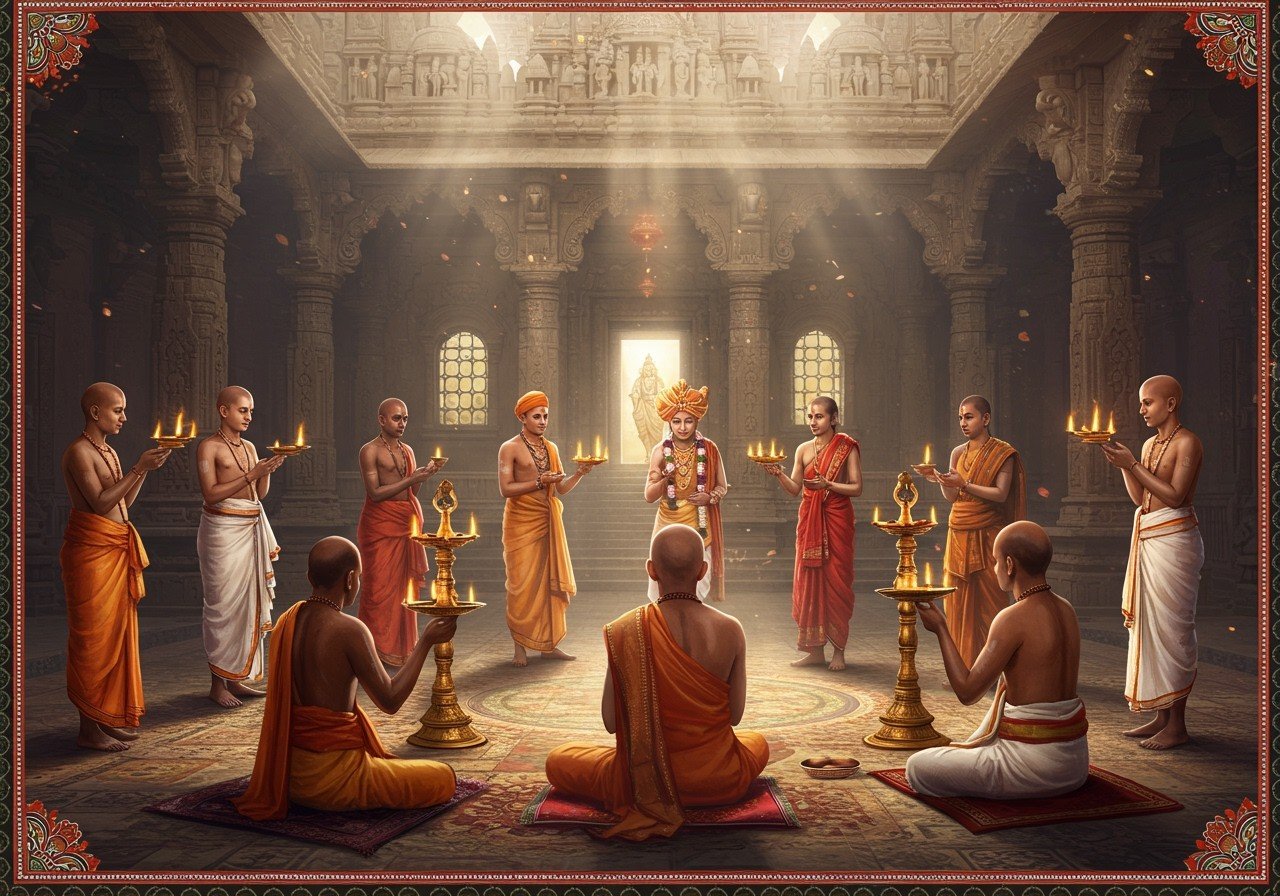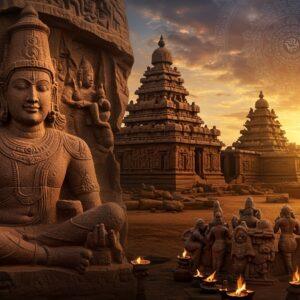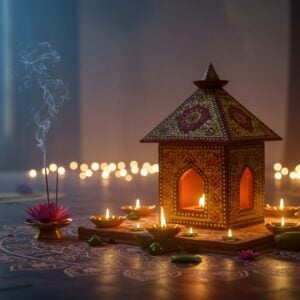
India, a land of vibrant traditions and diverse cultures, boasts a rich tapestry of languages and customs. Each state, with its unique rituals and practices, adds to the spiritual depth of the nation. Central to these traditions are the Hindu priests, revered figures who guide devotees and perform sacred ceremonies. This exploration delves into the various names by which these priests are known across different Indian languages, offering a glimpse into the fascinating world of Indian spirituality.
Pujari in Sanskrit: The Timeless Purohit
In Sanskrit, the ancient language of Hindu scriptures, a priest is called a “Purohit“. This term, deeply rooted in tradition, signifies “one who sits before,” indicating a position of guidance and spiritual leadership. The Purohit’s role extends beyond performing rituals; they are custodians of sacred knowledge, guiding individuals and families in their spiritual journeys.
The Vedas, the oldest scriptures, frequently mention Purohits, highlighting their historical significance as preservers of rituals and knowledge.
Pujari in Hindi: The Revered Pandit and Pujari
In Hindi, the most widely spoken language in India, the term “Pandit” or “Pujari” is commonly used. These priests are deeply respected figures in North Indian communities. They preside over ceremonies during significant festivals like Diwali, the festival of lights, and Holi, the festival of colors, adding a spiritual dimension to these joyous celebrations. A Pandit’s knowledge of scriptures and rituals makes them a sought-after guide for religious matters.
In sacred cities like Varanasi, Pandits hold a prominent role, conducting daily rituals along the holy Ganges, connecting devotees with the divine.
Pujari in Gujarati: The Faithful Poojari
Gujarat, a state known for its vibrant culture, refers to its priests as “Poojari“. They play an essential role in the energetic celebrations of Navratri, the nine-night festival dedicated to the Divine Mother. Renowned temples like Somnath and Dwarkadhish exemplify the profound importance of Poojaris in Gujarati culture.
These priests meticulously maintain temple traditions and offer guidance to devotees, fostering a deep sense of connection with the divine.
Pujari in Other Languages: A Tapestry of Traditions
-
Bengali: In Bengal, the land of Durga Puja, priests are called “পূজারী” (Pujari), reflecting their central role in the elaborate rituals and festivities.
Their presence adds a touch of reverence and tradition to this grand celebration.
-
Oriya: In Odisha, home to the revered Jagannath Puri temple, priests are known as “ପୁଜାରୀ” (Pujari). Their expertise is particularly evident during the grand Rath Yatra, where they guide devotees with devotion and knowledge.
They play a critical role in ensuring the smooth flow of rituals and the spiritual well-being of devotees.
-
Marathi: In Maharashtra, priests are often referred to as “Bhattji” or “Guruji,” highlighting the deep respect and reverence they command.
They play a vital role in festivals like Ganesh Chaturthi, bringing religious fervor to the celebrations.
-
Kannada: In Karnataka, priests are known as “Archaka” or “Poojari.” These terms hold deep cultural significance.
Historical temples in Hampi and Mysore stand as testaments to the rich tradition of Pujaris in this region.
-
Telugu: In Andhra Pradesh and Telangana, “Archaka” or “Purohit” are the common terms for priests.
They play a vital role in the region’s rich religious tapestry.
Poojn.in: Your One-Stop Shop for Puja Needs
Looking for authentic puja items or a qualified Pandit for your ceremonies? Poojn.in simplifies your search. We offer:
-
Wide Selection of Puja Items: From diyas and dhotis to brass idols and havans, find everything you need for any puja. Check out our clay diyas and pure cotton dhotis for a traditional touch.
You can also browse our holy idols, which include a large-size clay ghat perfect for puja ceremonies.
-
Verified and Experienced Pandits: Connect with qualified Pandits across India, proficient in various languages and regional customs.
Poojn.in ensures you find the right Pandit for your specific needs.
-
Easy Online Booking: Book a Pandit hassle-free through our website or contact us directly.
Visit Poojn.in today!
The Unifying Thread of Devotion
The varied names for Hindu priests reflect the beautiful mosaic of Indian culture. While languages and customs differ, the underlying devotion and reverence remain constant. The Pujari, regardless of the name, acts as a bridge between the human and the divine, guiding us on our spiritual path.
As technology integrates into our lives, so too does the way we connect with our faith. Online puja services and virtual consultations offer greater accessibility, ensuring that everyone can participate in these sacred traditions.


